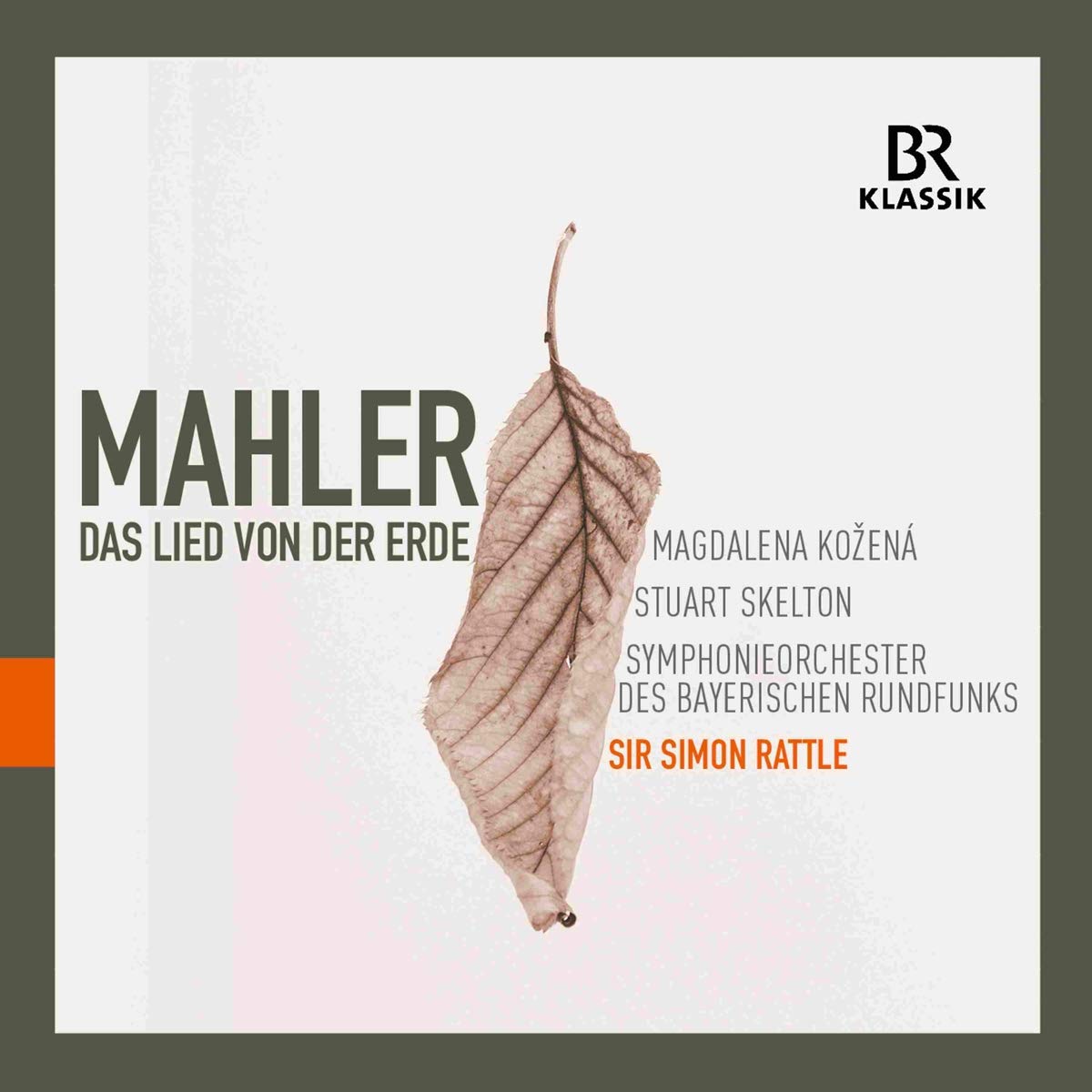Dip Your Ears, No. 260 (Mendelssohn Delight)
F.Mendelssohn-B., Piano Concertos et al. Jan Lisiecki (piano) Orpheus Chamber Orchestra (DG) |
10/10

Follow @ClassicalCritic

Something other than politics in Washington, D.C.
F.Mendelssohn-B., Piano Concertos et al. Jan Lisiecki (piano) Orpheus Chamber Orchestra (DG) |





Filed under CD Reviews, Discography, Dmitry Shostakovich, Hector Berlioz, Igor Stravinsky, Jean Sibelius, jfl, Mariss Jansons
COMPOSER, WORK PERFORMERS LABEL |


Filed under Concert Reviews, Franz Liszt, Ionarts at Large, Ionarts from Vienna, jfl, News, Sergei Prokofiev

Philipp Friedrich Böddecker, Sacra Partitura Sacred Solo Motets & Sonatas Knut Schoch / I Sonatori (Christopherus) |



Filed under in German, Ionarts from Vienna, jfl, Opera Reviews, Pyotr Tchaikovsky, Wiener Zeitung

Bernd Klug, cold commodities Bernd Klug (electronics, editing) (Innova) |









Peter Marks, ‘Amadeus’ at the Folger will be music to your ears (Washington Post, November 12) |

 Andermatt is not the prettiest Swiss village. Certainly not the most famous or even otherwise particularly notable in a country positively littered with gorgeous little alpine towns straight out of a kitschy re-make of Heidi. It had been an important trade post along the route connecting Milan and Zurich, Italy, and much of north-western Europe It had been a coveted holiday spot, especially for the English; Queen Victoria hung out incognito and Thomas Cook bundled groups of tourists there – the company’s first international destination package. The rail tunnel built in 1882 took care of most of that: trade went below-stairs and tourists all the way to Italy. Andermatt was then saved from obscurity (and poverty) by the Swiss military, which made it one of the centers of its Réduit defensive military concept of retreat to the mountains and denial of the strategic North-South passes and tunnels. The end of the cold war in 1990 took care of most of that. Andermatt was now left without trade, tourism, or the military, by then the largest local employer... [continue reading at ClassicsToday; more pictures below]
Andermatt is not the prettiest Swiss village. Certainly not the most famous or even otherwise particularly notable in a country positively littered with gorgeous little alpine towns straight out of a kitschy re-make of Heidi. It had been an important trade post along the route connecting Milan and Zurich, Italy, and much of north-western Europe It had been a coveted holiday spot, especially for the English; Queen Victoria hung out incognito and Thomas Cook bundled groups of tourists there – the company’s first international destination package. The rail tunnel built in 1882 took care of most of that: trade went below-stairs and tourists all the way to Italy. Andermatt was then saved from obscurity (and poverty) by the Swiss military, which made it one of the centers of its Réduit defensive military concept of retreat to the mountains and denial of the strategic North-South passes and tunnels. The end of the cold war in 1990 took care of most of that. Andermatt was now left without trade, tourism, or the military, by then the largest local employer... [continue reading at ClassicsToday; more pictures below]


 Gustav Mahler, Das Lied von der Erde Simon Rattle/Bavarian Radio Symphony Orchestra/ Magdalena Kožená (mezzo), Stuart Skelton (tenor) (BR Klassik) |





